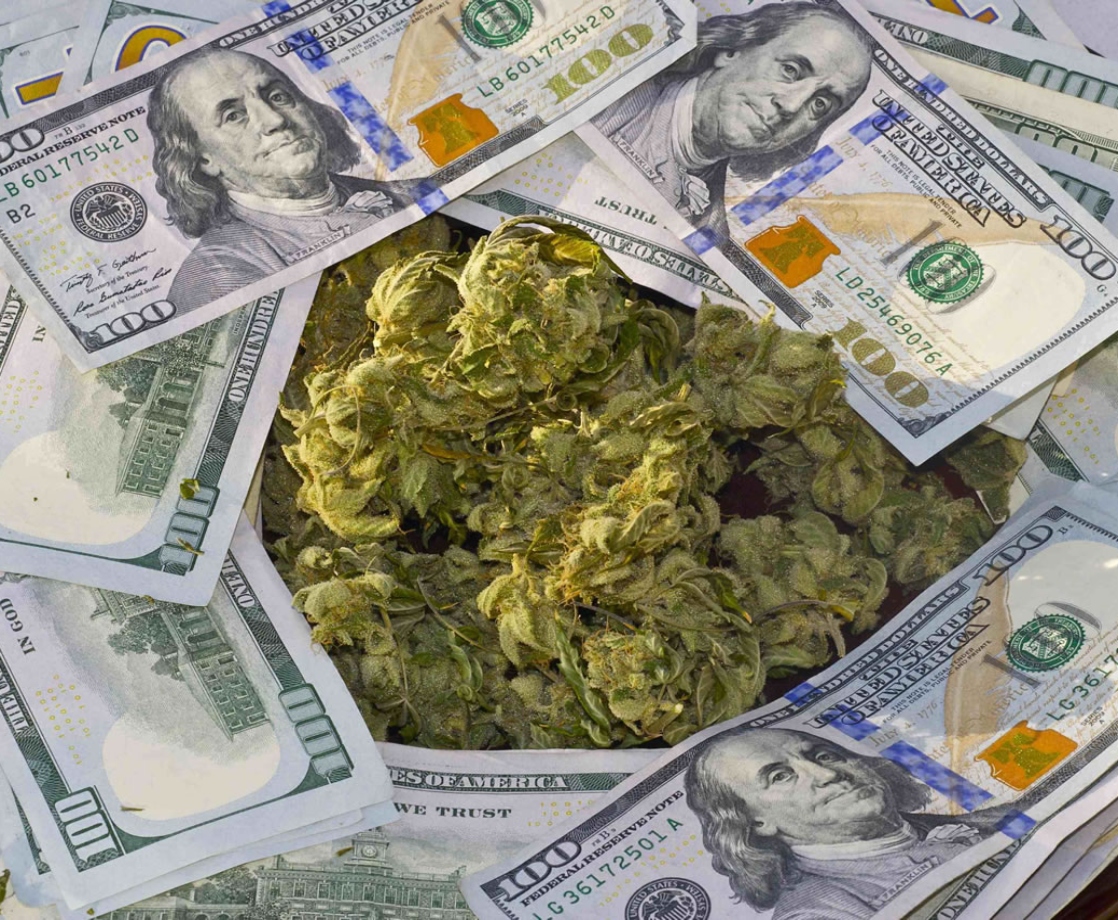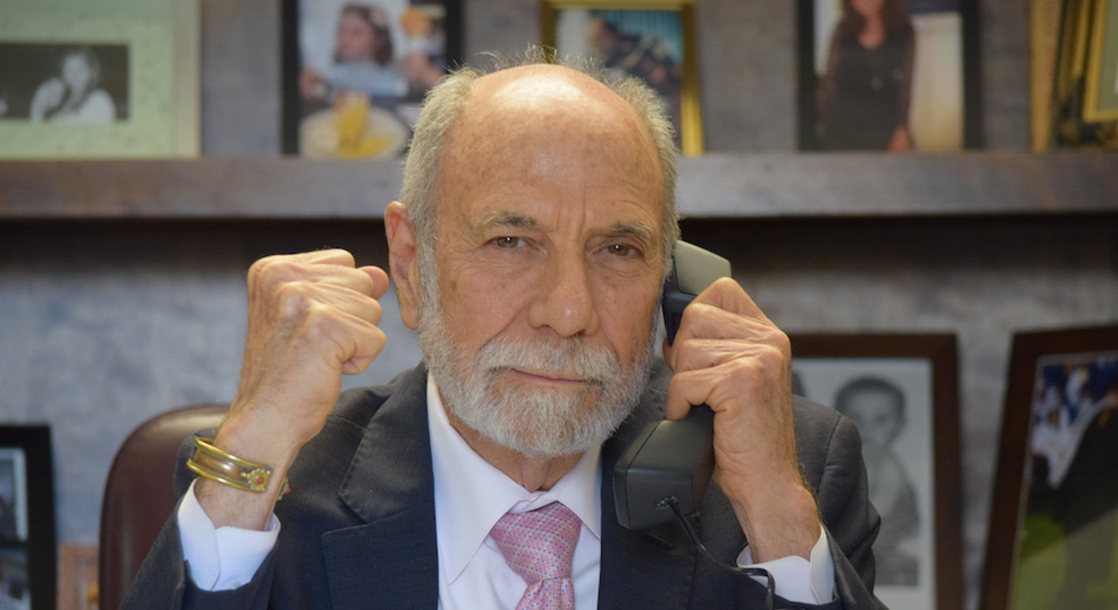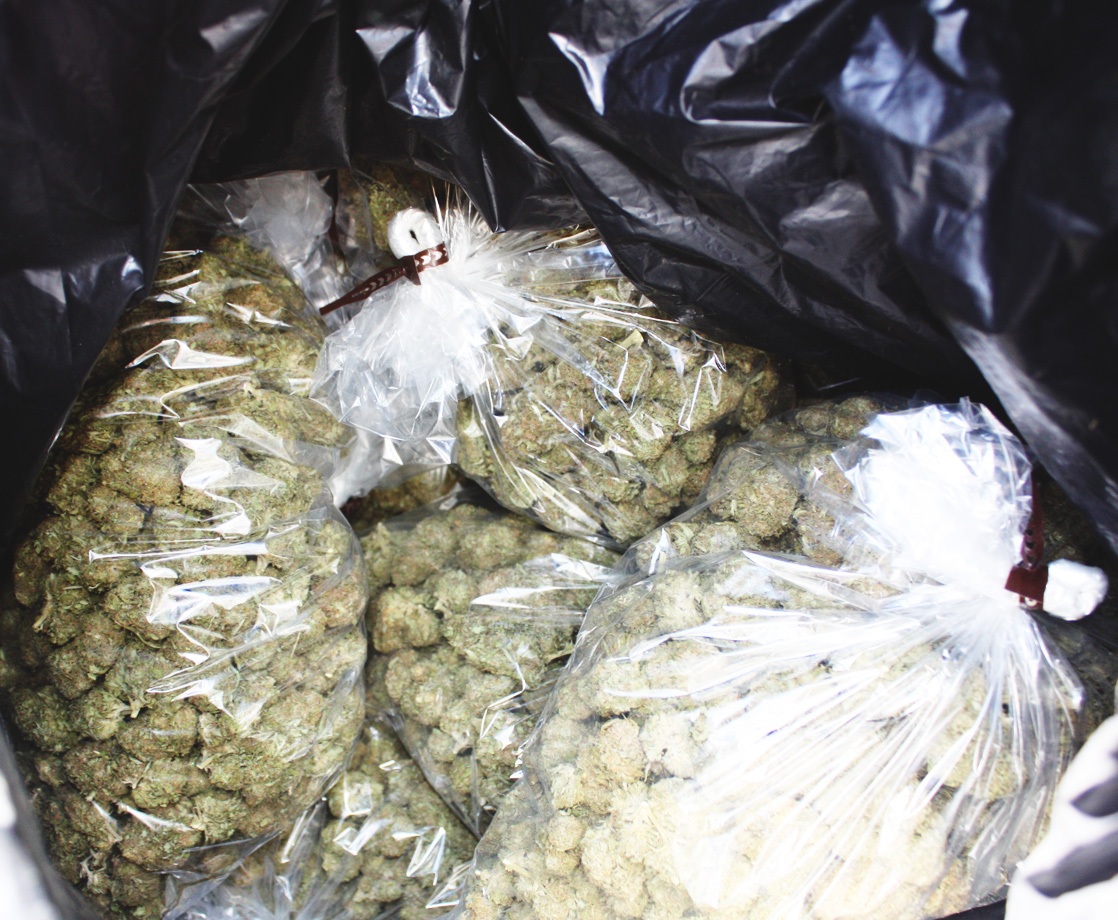Adult-use cannabis legalization could boost Florida’s economy by nearly $200 million a year, according to a new financial analysis prepared by a state commission.
Like most states, Florida allows its voters to enact constitutional amendments by approving initiatives included on general election ballots. Each time a constitutional amendment is proposed for a ballot, the state Financial Impact Estimating Conference (FIEC) is required to prepare a financial impact statement indicating how the proposed amendment could affect the state’s economy.
This year, there are three petition drives aiming to legalize adult-use weed in the Sunshine State, and the FIEC has just released their financial estimate for Regulate Florida, one of the leading proposals. The estimate predicts that this proposal, if approved, could bring the state $190 million in sales tax and tourism revenue every year.
Michael Minardi, a Florida attorney who manages the Regulate Florida campaign, said that this estimate is actually highly conservative. Minardi told the Miami New Times that he believes the estimate is based on the assumption that legal weed sales would be taxed at the state’s standard sales tax rate of 5 or 6 percent. It is much more likely that the state would impose an excise tax on weed of 15 percent or more, like other adult-use states. This additional tax would significantly increase the annual tax revenue generated by legal weed sales.
The FIEC statement predicted that the state would have to spend $1.5 million to begin regulating the industry, and another $9.1 million annually to continue operating it. However, analysts believe that these costs would be entirely offset by licensing fees in addition to eliminating the cost of incarcerating thousands of Floridians for minor pot crimes. “There were 39,000 arrests in Florida last year for possession of marijuana,” Minardi told the New Times.
The statement also raises concerns over whether legal weed would increase the number of vaping-related illnesses in the state. Minardi countered that these concerns were overstated, considering that federal health officials now believe that black market vapes are the likely cause of this illness. “People are using marijuana to treat illnesses,” he explained. “And a lot of that concern [over vaping-related illness] goes back to the black market.”
In addition to creating a fully-licensed cannabis retail market, Regulate Florida would allow adults age 21 and over to grow up to six weed plants for personal use. The state would be in charge of developing regulations concerning cannabis licensing, testing, and retail. So far, the petition has collected over 92,000 valid signatures, but the initiative will need a total of 766,200 signatures to get this measure on the ballot. And even if it does get on the ballot, amending the state constitution to legalize weed will require a supermajority of 60 percent voting in favor of the new law.
“We’re working hard to do so, but at this point, unless we got a couple million in donations, it’s going to be tough for 2020,” said Minardi to the New Times. “But we’re dedicated to pushing forward no matter what happens in 2020.”
This spring, Gov. Ron DeSantis signed a new law that will make it even harder for ballot initiatives to succeed in the state. This law will financially penalize advocates for collecting signatures submitted over 30 days after the petition is signed. Petitioners often fail to submit their signatures in time, practically guaranteeing that any completed petition will be met with massive fines.











